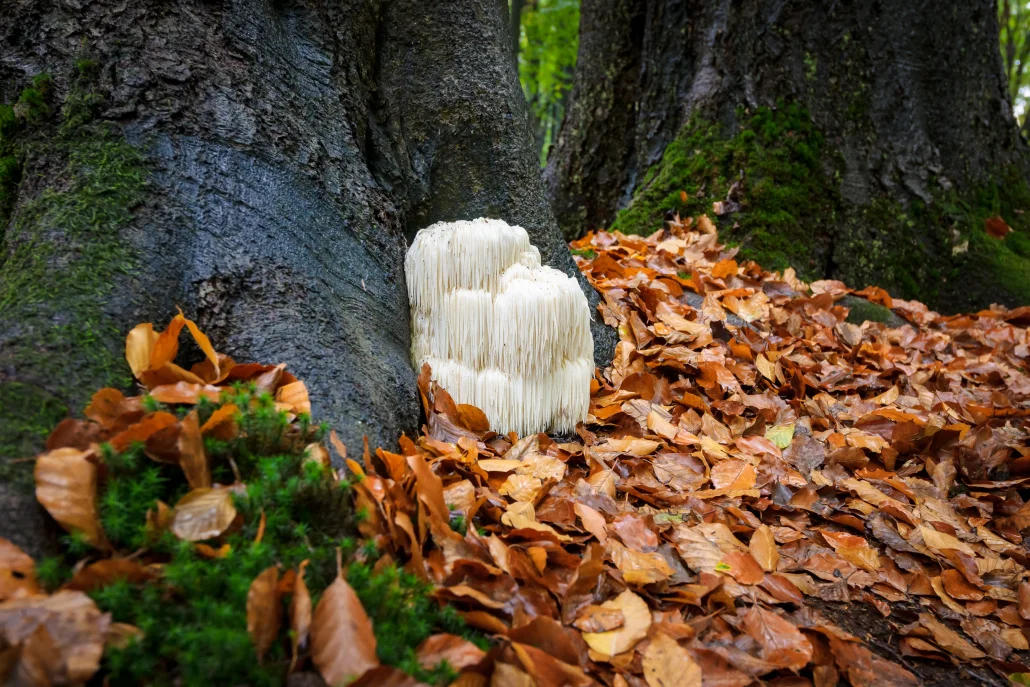These days, you can’t venture (or scroll) too far without hearing the buzz about lion’s mane mushroom tea, a superfood that celebs like Gwyneth Paltrow and Mischa Barton can’t get enough of. There’s a reason it’s trending: there are very few drinks that have the stacked health benefits of this one.
Lion’s mane tea is loaded with plant compounds that may actually make your brain feel younger. Your favorite version of yourself—the one who wakes up energized, remembers every appointment, and rarely loses her focus—can come to life with the help of brain-boosting mushroom tea.
In this article, we’ll cover what mushroom tea is and the five potential health benefits it possesses.



